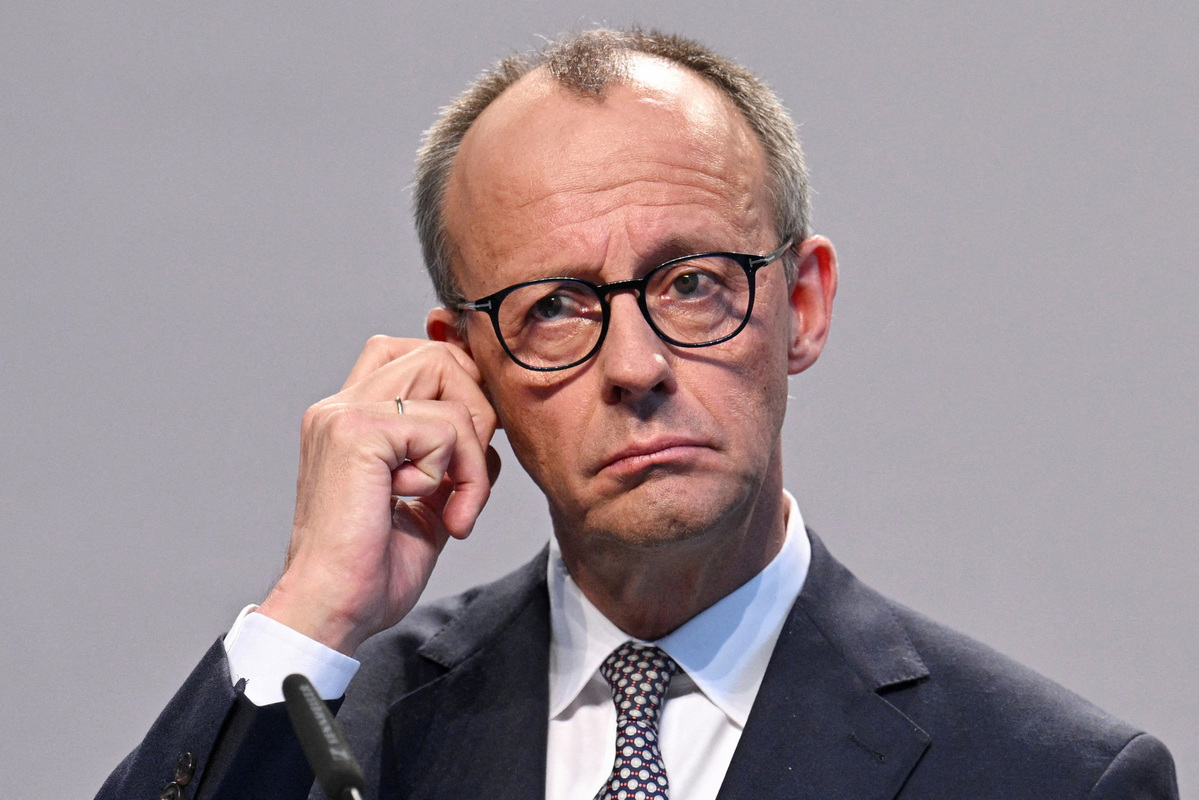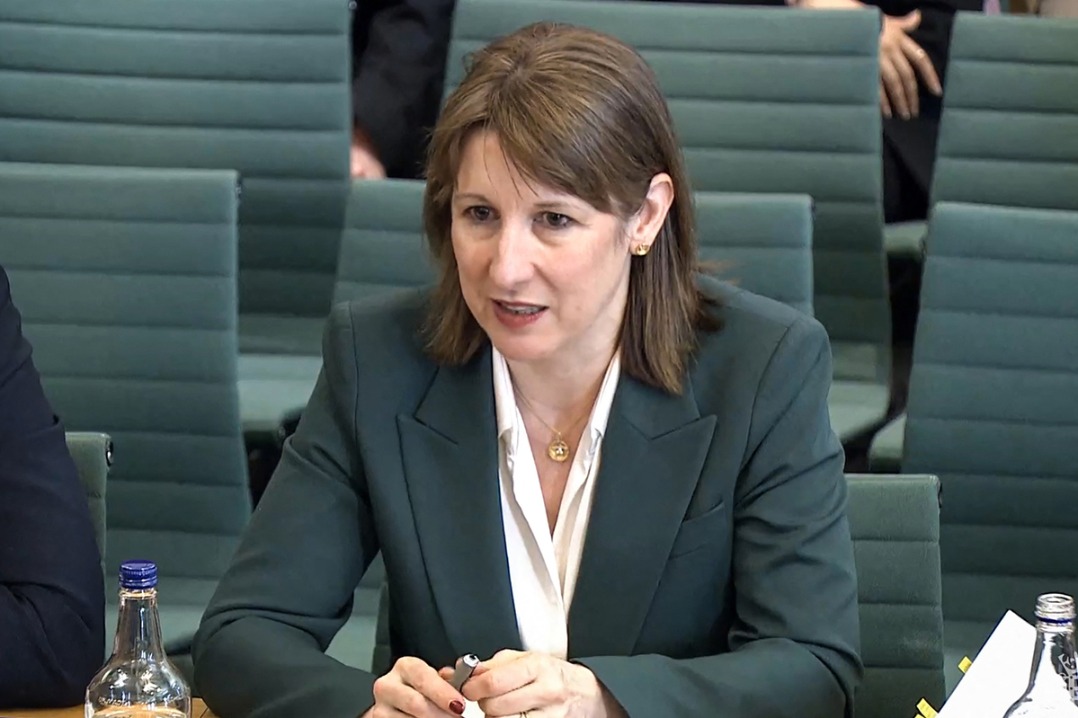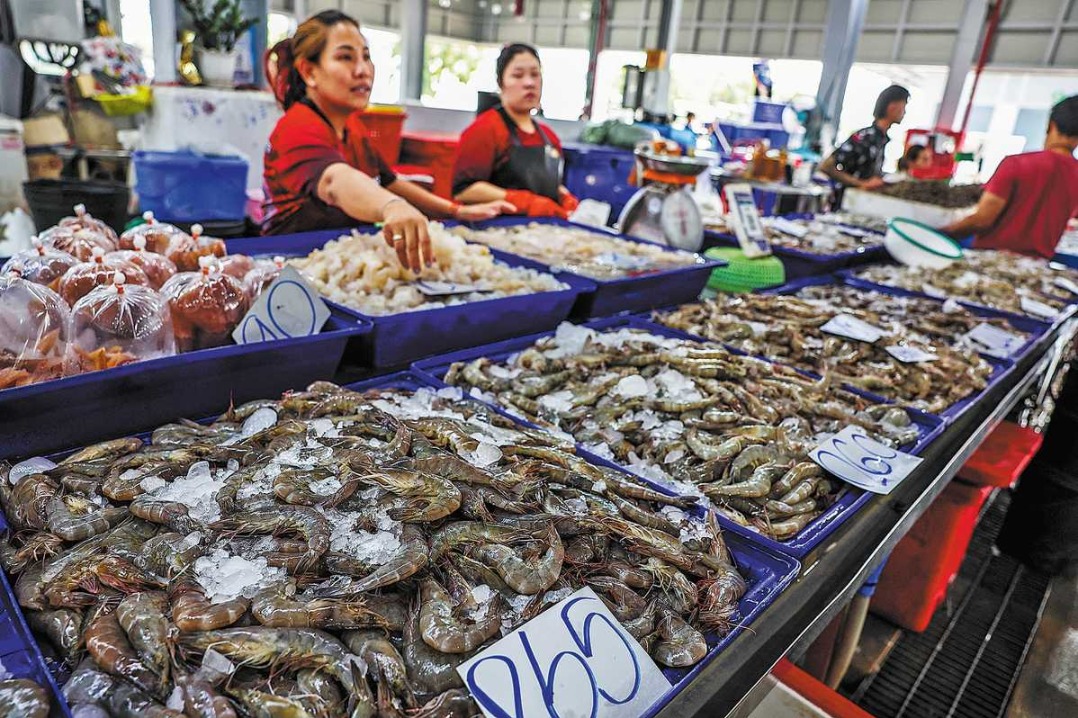US policies raise risk of financial crisis: Merz


Germany's incoming chancellor Friedrich Merz has warned that the United States' trade policies are increasing the likelihood of a financial crisis occurring "sooner than expected", echoing the views of many economists and business leaders.
"The next financial crisis is sure to come. We just don't know when and why," Merz told German business newspaper Handelsblatt in an article published on Sunday.
"President (Donald) Trump's policies increase the risk that the next financial crisis will come sooner than expected," said the 69-year-old, who is set to take power at a time when the German economy has just gone through two consecutive years of recession.
Merz's views are shared by many economists and investors.
Ray Dalio, founder of US hedge fund Bridgewater Associates, said on Sunday he is worried that the turmoil resulting from the US tariff and economic policies will threaten the global economy.
"Right now we are at a decision-making point and very close to a recession," he told NBC News program Meet the Press.
"And I'm worried about something worse than a recession if this isn't handled well."
Anders Aslund, an economist in Washington, said the financial crisis caused by US tariff policies has only started.
"Trump has broken US & international confidence in US economic policymaking, competence & rules of law," he wrote on X.
Last week, Merz's center-right Christian Democratic Union struck a deal with the center-left Social Democratic Party to form a coalition government. The CDU, along with its sister party Christian Social Union in Bavaria, emerged as the biggest party in the country's February elections.
Merz is expected to be elected as chancellor on May 6.
With a lackluster German economic performance and US tariffs threatening $176 billion annual German exports to the US, the new coalition plans to focus on a wholesale economic reboot.
Merz has indicated he will get rid of the fiscal conservatism, loosen debt brake and inject hundreds of billions of euros into its infrastructure and defense. Tax cuts, energy price reduction and public-private investment funds are some of the tools to revive the economy.
United front
He said Europe must present a united front against the US and seize the opportunity to push for key reforms, such as unifying the European Union's capital markets.
He is open to importing more US liquefied natural gas and again floated the idea of free trade agreement with the United States, a proposal that Washington has little appetite for the moment.
The US and the EU started negotiations on the Transatlantic Trade and Investment Partnership in 2013, but talks were suspended in 2016 without any agreement.
Merz has said his first trips after taking office will be to Poland and France, Germany's two major neighbors.
"I will only travel to Washington once I have obtained a joint opinion and position from European partners on decisive topics," he said in an interview with German newspaper Bild published on Sunday.
It is reported that Germany has opposed the French proposal to retaliate against US tariffs by slapping taxes on major US tech firms.

































